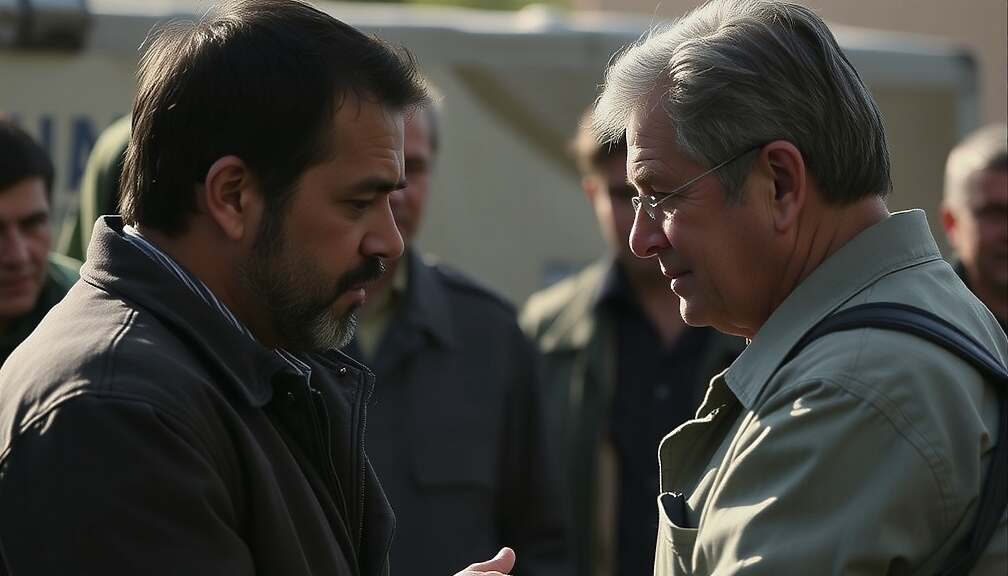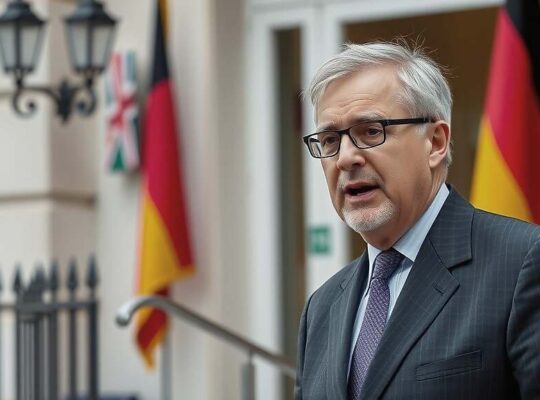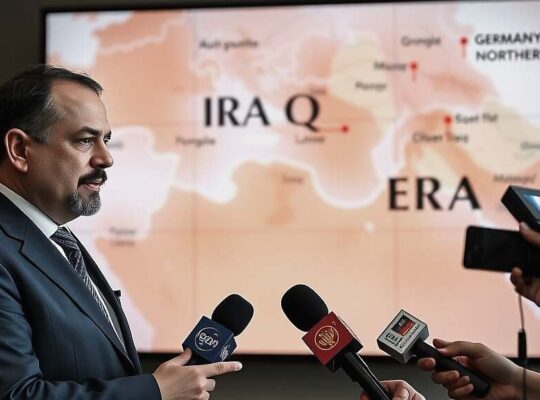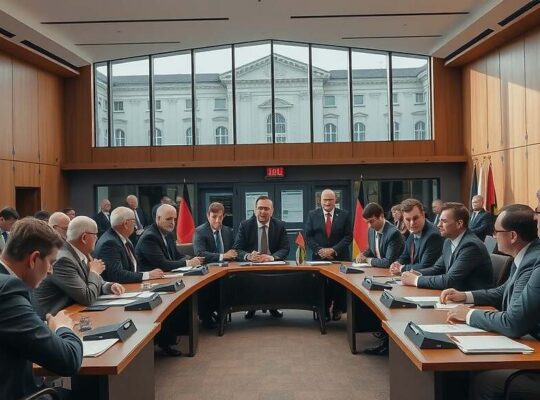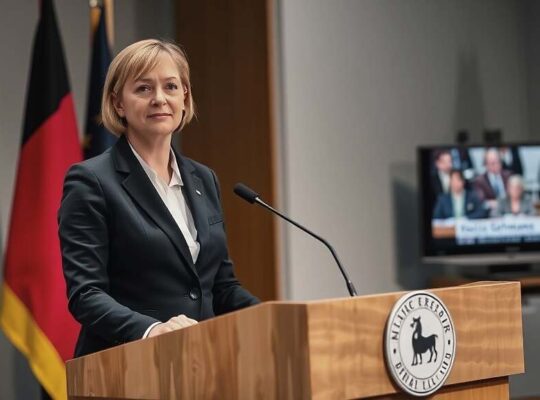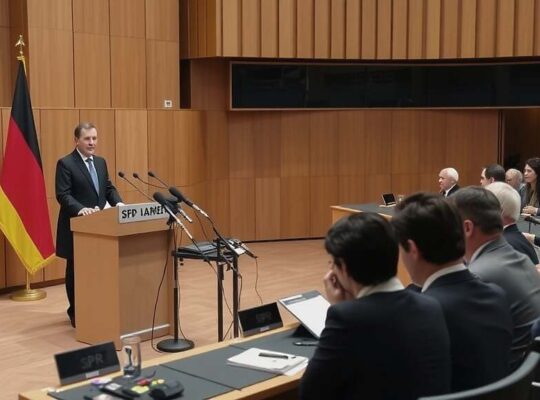The controversial US peace plan for Gaza is drawing divergent reactions within German political circles, highlighting a complex interplay of diplomatic obligations and geopolitical considerations. Jürgen Hardt, a leading foreign policy expert for the Christian Democratic Union (CDU), has lauded US President Donald Trump’s involvement, describing the plan as a “significant achievement” that has “already saved lives, increased regional security and fostered hope”. Hardt’s assessment positions Trump as a “peacebuilder in the Middle East” aligning with a perspective that prioritizes the perceived benefits of the plan’s implementation.
However, the German political landscape is not uniform in its endorsement. Ralf Stegner, a prominent figure within the Social Democratic Party (SPD) and belonging to the party’s left wing, is emphasizing a distinct German responsibility in the aftermath of the plan. Stegner argues that Germany now bears a “leading role” in the rebuilding of the Gaza Strip and the stabilization of the region. He frames this obligation as a direct consequence of Germany’s historical relationship with Israel and its commitment to international law, suggesting a moral imperative to engage proactively.
This divergence in viewpoints underscores a potentially fraught situation for German foreign policy. While Hardt’s praise for Trump’s role reflects a certain alignment with US foreign policy objectives, Stegner’s call for German leadership in reconstruction and peace-building hints at a desire to mitigate potential negative consequences stemming from the plan’s implementation – particularly relating to the humanitarian situation in Gaza and the potential for exacerbating existing tensions.
Interestingly, Stegner’s assessment also includes unexpected praise for Johann Wadephul, the German Foreign Minister (CDU), recognizing his approach as measured and effective. This commendation, coming from within the SPD’s left wing, highlights a potentially underlying consensus on the need for a delicate and nuanced German approach in navigating the complexities of the new regional dynamic, even despite differing views on the plan’s overall merit. The extent to which Germany can reconcile these competing pressures – acknowledging US efforts while shouldering a substantial rebuilding and stabilization role – remains a critical challenge for its foreign policy agenda.


